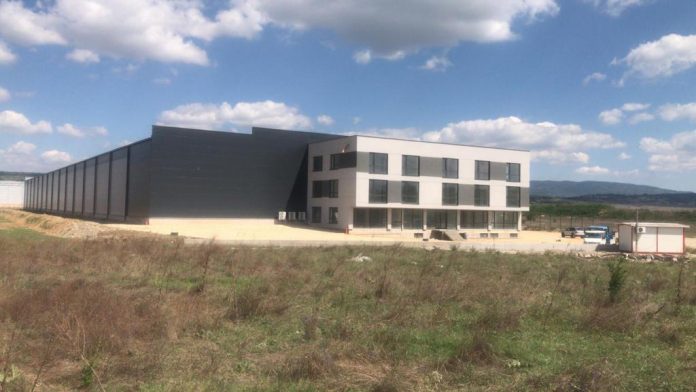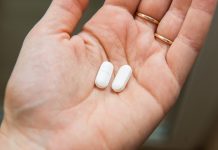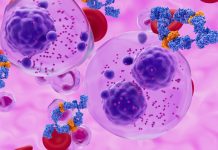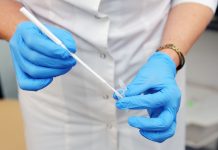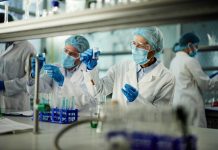Renata Mala, PharmD, Chairman of Purely Plant GmbH, underlines the importance of ensuring high and reproducible quality when it comes to medicinal cannabis
In the last few years, the potential use of the cannabis plant and the chemicals it contains have been much featured in the news. There is evidence that it can be of use in treating severe epilepsy, nausea and vomiting during chemotherapy, and reducing chronic pain.
The cannabis plant contains over 400 compounds (cannabinoids, flavonoids, terpenes and fatty acids). The major compounds are tetrahydrocannabinol (THC) and cannabidiol (CBD). THC is the most psychoactive compound and CBD is responsible for many of the anti-inflammatory and neurological effects of cannabis. There is virtually no understanding of the effect of the minor compounds found in the plant on the overall effect of THC and/or CBD (the “entourage effect”). To ensure reproducible effects and to study the interactions of all the component compounds, it is essential to be able to produce plant material with consistent composition and quality. Such products are required for reliable clinical trials and to provide consistent beneficial therapeutic effects.
However, the quality of all plant-derived materials is also affected by the conditions under which it is grown (soil quality, weather, etc.) and contaminants that may be introduced (soil contaminants, bacteria, fungi, etc.). These issues cause enormous problems in the final product formulation and batch-to-batch reproducibility. The use of the term “standardised” on a product label is no guarantee as there is no legal definition of “standardised”. Consumers are often left on their own to decide what is safe and effective and the lack of consistent labelling on herbal products can be a source of frustration and low adoption.
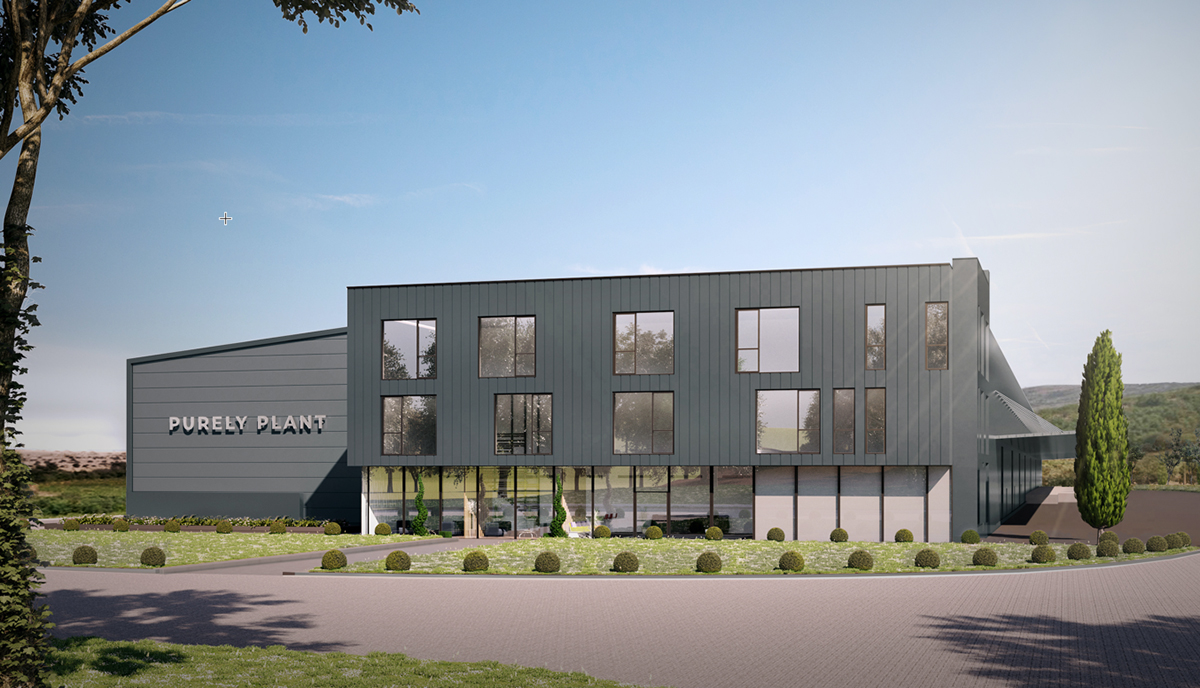
Setting standards
With an increased interest in the medicinal use of cannabis, several regulatory authorities have started to develop and publish pharmacopeial monographs. An important step in cannabis quality standards in Europe has been Cannabis Flower and Cannabis Extract Monographs in the German Pharmacopoeia (DAB). They describe information on ingredients and active substance content, the quality requirements and storage conditions. Work on a harmonised European monograph is underway.
However, the UK and U.S. authorities are still debating whether to develop entries for their Pharmacopoeias. Without such a regulatory standard, users and manufacturers of cannabis-derived products have no reliable way of establishing if a particular product is of the composition and quality required. It can be expected that over time, the requirements for medicinal cannabis will come closer to licensed pharmaceutical products.
Indoor cultivation: Purely Plant’s approach to standardisation
Outdoor cultivation risks contamination with pathogenic microbes, which can present serious health risks. Common species of fungi produce toxins, especially aflatoxins, which can be dangerous to health even if they are absorbed in minute amounts. The final product may need to be irradiated to remove microbial contamination. Also, cannabis and hemp are known to be hyper-accumulators of contaminants in the soil, which may increase the level of toxic heavy metals and pesticide residues in the plant.
Indoor closed environment cultivation enables the control of cultivation through optimising temperature, humidity, water, and lighting by controlling all conditions and inputs in the system throughout the growing process. It enables all year production of plants with consistent quality, unaffected by seasonal changes and environmental factors.
Purely Plant’s new purpose-built facility in North Macedonia is designed to allow for complete indoor cultivation and processing that is EU-GMP compliant. It should be prepared for when regulatory standards for medicinal cannabis production become more stringent.
By using water processed in the water treatment facility in combination with high-quality fertilisers in the hydroponic growing systems, Purely Plant can control the quality of nutrients and avoid heavy metal contamination. Air filtration, cleaning and sanitation programmes, and strict hygiene standards avoid contamination of plants by fungi or insects, and of any use of pesticides. The end products will not only be of a consistent standard meeting the strictest regulatory and compliance requirements, but also to provide patients with a medicine of known quality. Indoor GACP certified cultivation accompanied by GMP compliant processing provides options to eliminate contamination, remove the need for irradiation, and ensure a standard and consistent product.
Purely Plant’s aspirations
Purely Plant aims to set the benchmark in this industry as a producer of dry flower and standardised pharmaceutical quality extracts for the European market.
Our goal is to become a preferred white label medicinal cannabis manufacturer in Europe but also globally, and a reliable partner for medicinal cannabis research (which requires high purity and standardised products). This will include minor cannabinoids allowing more research into their function and therapeutic effects.
Furthermore, through education and R&D, we aim to help establish North Macedonia not only as a primary producer of bulk ingredients, but also as a processor and final medical product manufacturer for European and other markets.
Increasing the standardisation and quality of medicinal cannabis will give physicians greater confidence to prescribe it and – our ultimate aspiration – increase its value to patients.
*Please note: This is a commercial profile.

